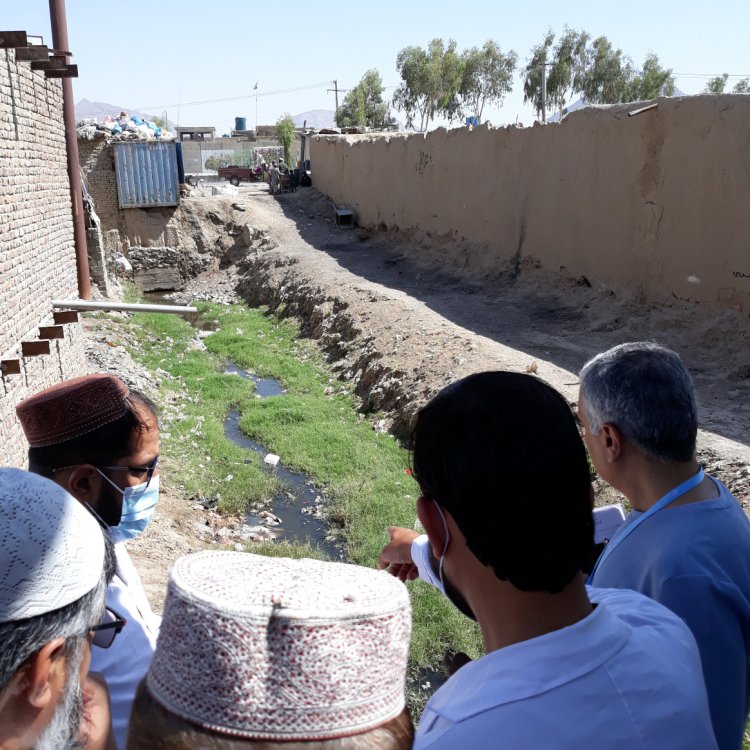
For the last two decades, the prospect of sending 16 visiting polio experts out across the provinces of Afghanistan would have been impossible but from 6 to 19 June 2022, WHO Afghanistan’s polio eradication programme did just that. Their mission? To review the country’s polio surveillance system, assess its functionality at all levels and make specific recommendations for maintaining and improving surveillance quality.
“It was an extraordinary achievement by WHO Afghanistan’s polio team. The logistic and administrative challenges alone were enormous,” said Dr Luo Dapeng, WHO Representative in Afghanistan. “Afghanistan is one of the last countries where polio is endemic and we must do all we can to stop this virus from infecting any more children.”
The review was necessary for several reasons one of which was to ascertain whether the sharp decline in the number of children paralysed by wild poliovirus in Afghanistan in the last eighteen months was an accurate reflection of the reality on the ground. From 56 cases in 2020, the number dropped to four in 2021. So far this year, two children have been paralysed by the virus.
“It’s important to show that the surveillance system has the strength and the ability to detect any poliovirus circulation that may be happening,” said Dr Irfan Elahi Akbar, Polio Team Leader at WHO Afghanistan. “Because if we don’t detect and investigate cases quickly and respond, more and more children will be paralysed.’